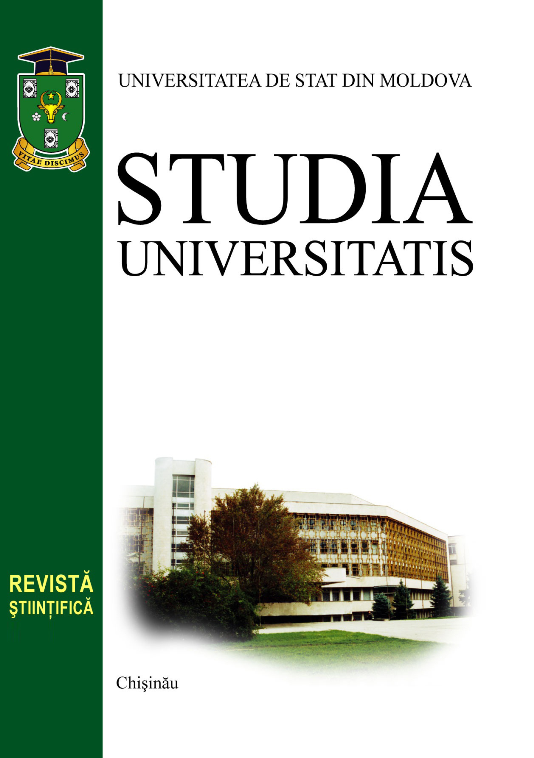CERCETAREA ŞI EXPERIMENTUL BIOMEDICAL CA VARIANTE-TIP ALE RISCULUI MEDICAL PROFESIONAL: EXPUNEREA CONDIŢIILOR DE LEGALITATE
Vitalie-Silviu MIDRIGAN Catedra Drept Penal şi Criminologie
Rezumat
Improvements in medicine and surgery during the last two centuries have greatly extended the average lifetime of people and reduced the pain and disability following various injuries and diseases. Because medicine and surgery have a strong basis in scientific knowledge, it is absolutely necessary for medical progress that there be experiments on humans. There can be no doubt that human experimentation is necessary and desirable. There is also a dark side to human experimentation: a long history of dangerous and harmful experiments performed on non-consenting patients. Regulation of medical experimentation on human beings must consider the following: rational need of researchers to have access to human subjects. Experiments on human subjects are performed after in vitro experiments and after experiments on animals have shown that a drug or technique has a reasonable possibility of benefiting human beings. In assessing the desirability and acceptability of the experiment, one should consider the severity of the disorder (e.g., terminal illness vs. minor inconvenience) together with the possible side effects of the experimental treatment. Potential subjects must give informed consent (i.e., consent after experimenter has made an honest, complete disclosure of risks). Informed consent is necessary for the personal autonomy of the subject. Researcher's conflict of interest, in which researcher wants a large number of subjects to consent and then wants all of these subjects to complete the entire experimental program. However, the researcher, as a physician, also has an obligation to neither harm nor exploit the patients/subjects.


